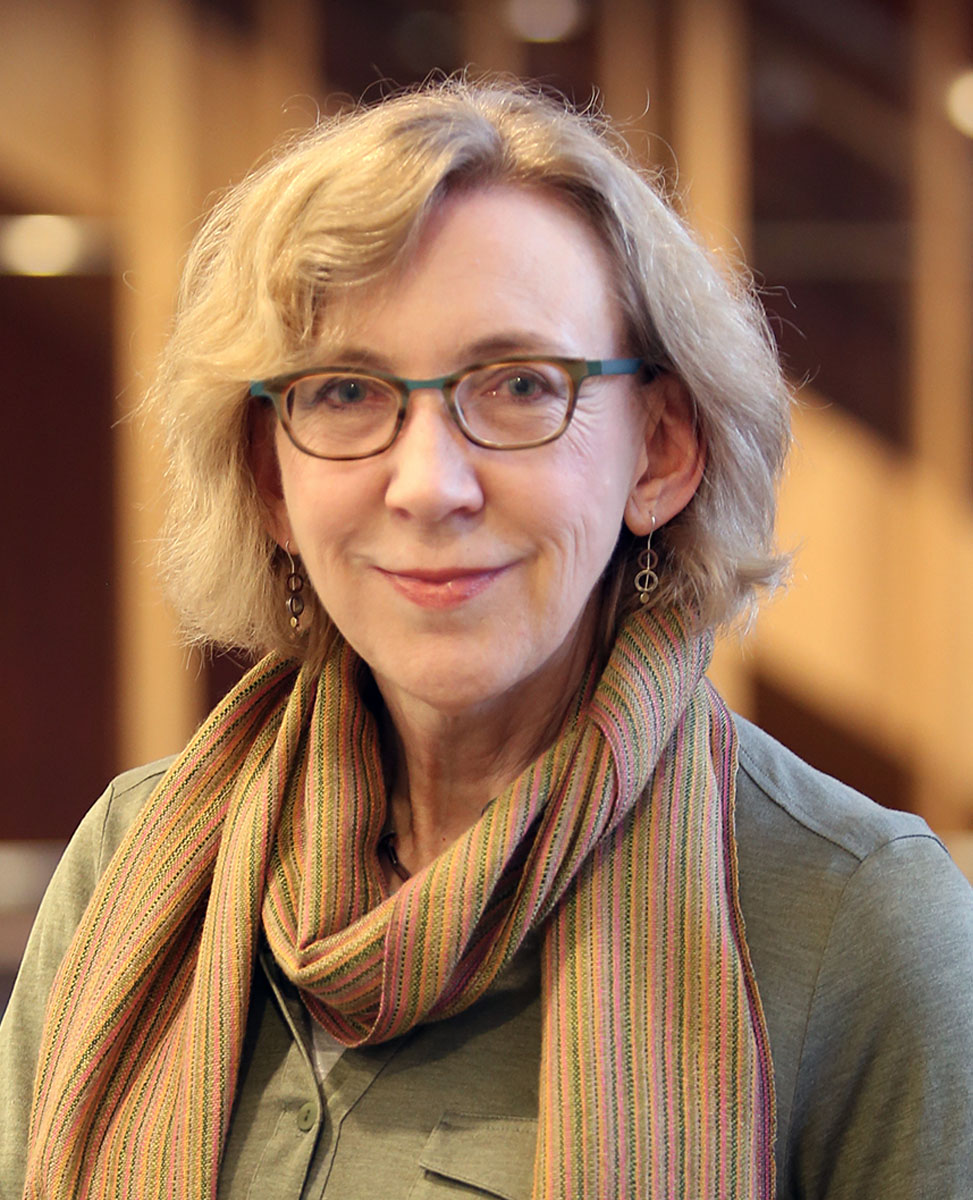Florence Babb
Anthony Harrington Distinguished Professor of Anthropology
Alumni Hall 407
919-962-1613
fbabb@unc.edu
I am a cultural anthropologist specializing in gender and sexuality as well as race and class in changing contexts in Latin America. I came to Carolina in fall 2014 after teaching previously at Colgate University, the University of Iowa, and the University of Florida. My courses include such subject areas as the anthropology of gender and sexuality; Latin American cultural politics; travel and tourism; feminist ethnography, and decolonizing methodologies. My recent book, The Tourism Encounter: Fashioning Latin America Nations and Histories (Stanford U Press, 20011) focused on postrevolutionary and postconflict tourism in Peru, Nicaragua, Mexico, and Cuba, drawing on my areas of research interest. My next two book projects are closely interrelated, but take quite different approaches to examining gender and race in Andean Peru, based on my decades of research in the region. The first project, Women’s Place in the Andes: Engaging Decolonial Feminist Anthropology (U of California Press, 2018) examines feminist debates concerning Andean women from the 1970s forward–debates in which I myself engaged and now wish to consider in the critical context of decolonial projects in world anthropologies. In this book, I put my past writings in conversation with that of others in order to rethink questions of durable inequalities, even as Peru’s and other Latin American economies are said to be undergoing notable modernization and development. I am now working on a companion book, Scaling Differences: Place, Race, and Gender in Andean Peru, that is a multi-sited ethnography based on recent research I conducted in an indigenous rural community, an Andean city, and among Andean migrants living in Lima. I am particularly interested in the ways in which racialized and gendered geographies shape women’s and men’s experiences in these diverse settings—and in mobilities across them. My aim is to move beyond entrenched views of Andean peoples as either mired in tradition or rushing to embrace new opportunities to engage with neoliberal capitalism. My research has instead discovered more complex women and men who sometimes have good reason to resist change and other times find ways to turn difficult circumstances to their personal or collective advantage. In these social landscapes, gender and race relations are frequently the fraught ground where struggles are waged.


